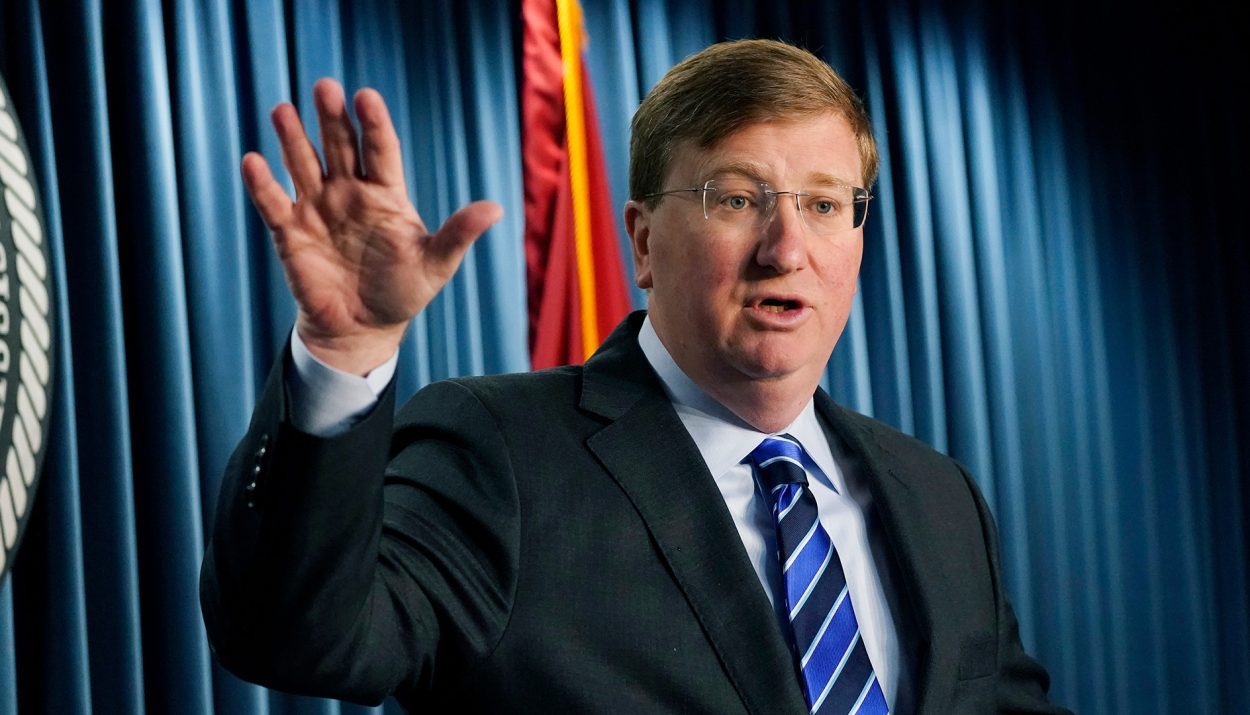The recent decision by Mississippi to withdraw from the Child Food Program has sparked a significant backlash. This blog post aims to explore the various aspects of this controversial move and its implications.
Background of the Child Food Program
The United States Department of Agriculture (USDA) administers the Child Food Program to provide nutritious meals for children from poor families.
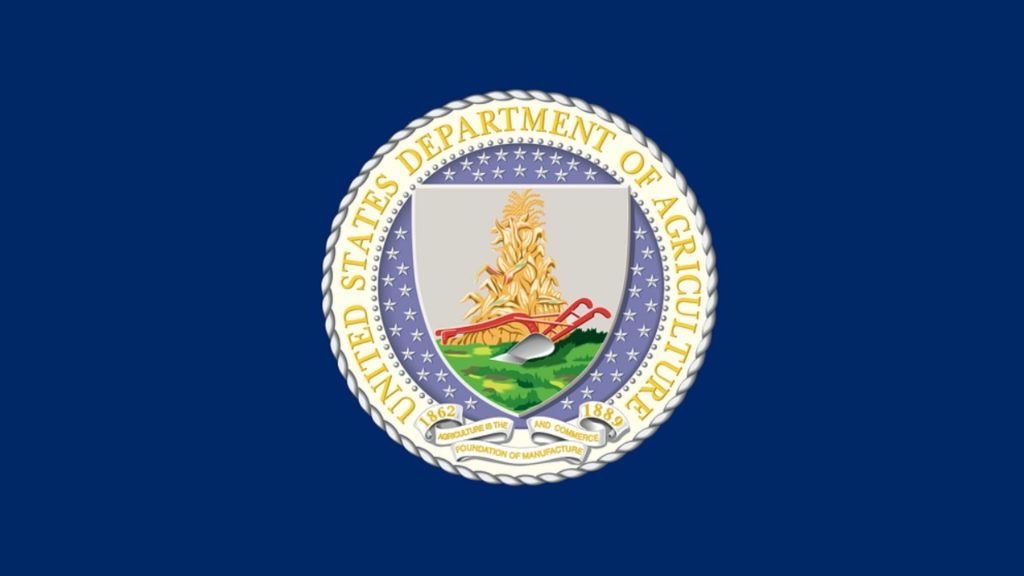
It is essential to ensure that children have access to healthy food, especially during periods when school meals are not available like during the summer months.
What Is The Summer EBT Program?
One of the most important parts of the Child Food Program is the Summer Electronic Benefits Transfer (EBT) Program.

Families receive electronic funds that can be used to purchase food at authorized stores. This program is critical because it helps fill a gap when school meals are not available.
Mississippi’s Long-Standing Participation With The CFP
Mississippi has had a long-standing history with the Child Food Program. Many families, given Mississippi’s high poverty rate, have relied on this program as a way to ensure their kids get decent meals.

The program has been especially beneficial in rural areas where getting fresh foods can be difficult.
The Announcement of Withdrawal From The CFP
The announcement that Mississippi would withdraw from the Child Food Program was made by Governor Reeves during a press conference. The governor described it as an inevitable course toward independence and reduced reliance on federal aid within Mississippians.

The state’s decision sparked immediate reactions which triggered debates about what this may mean on both local and national stages.
Reasons for Withdrawal Include People’s Dependency
For quitting, the governor listed some reasons behind his idea, among them being fear about expanding the welfare state and belief that such programs encourage dependency instead of self-sufficiency.

The other justification was fiscal prudence since according to Reeves, “we’ve got to prioritize our resources”. Instead, he suggested finding permanent solutions for poverty and hunger problems in the state.
Implications of the Withdrawal On Families
The withdrawal from the Child Food Program has serious implications for low-income families in Mississippi. Without the support of this program, many families may struggle to provide nutritious meals for their children, particularly during the summer months.
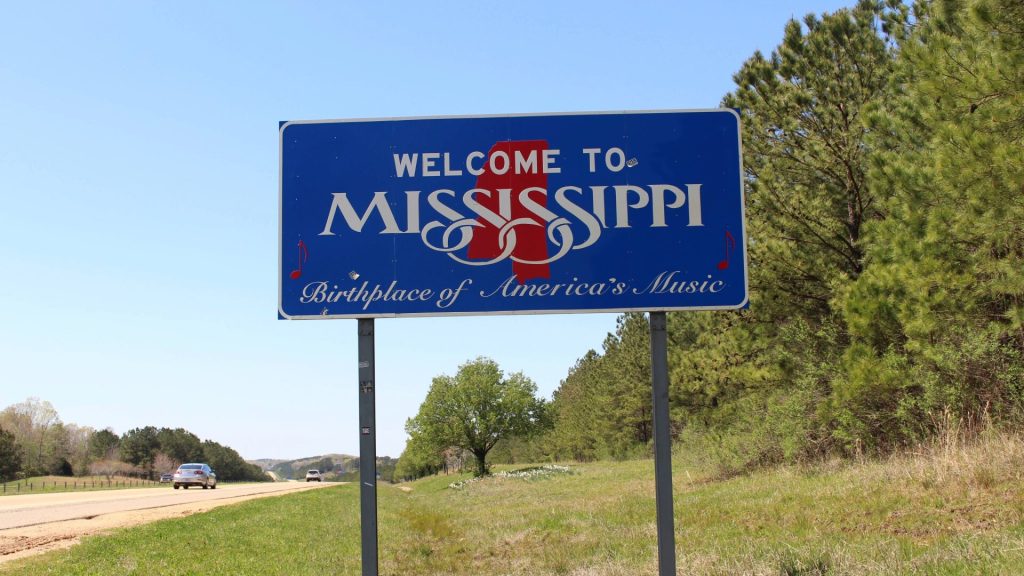
This could potentially lead to increased food insecurity and negatively impact the health and well-being of children in these families.
Public Reaction To The Withdrawal Has Been Negative
The public reaction to the announcement has been largely negative. Many people expressed concern about the impact of the withdrawal on children and families in need.
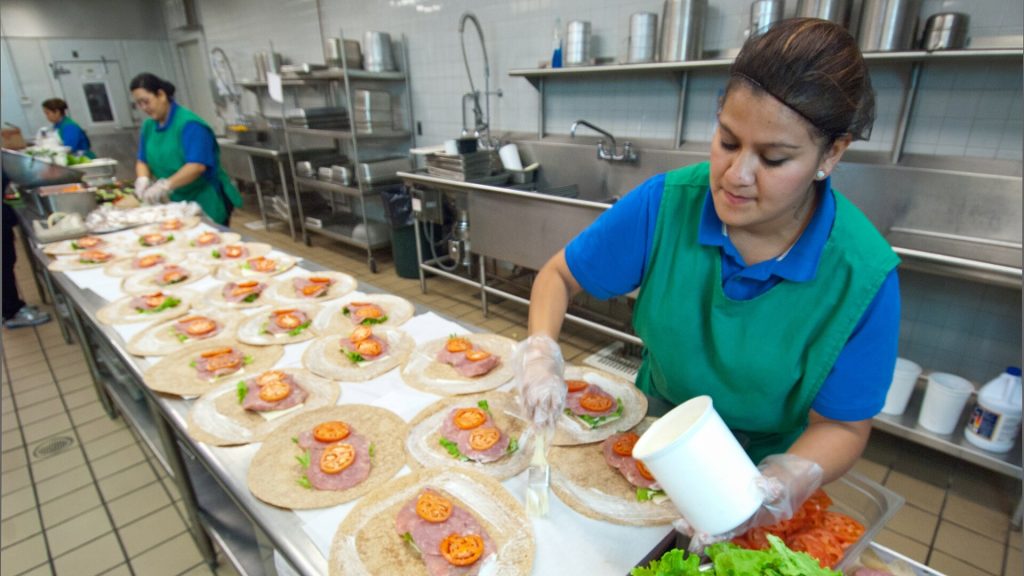
Critics argue that the decision is short-sighted and fails to consider the realities of poverty in Mississippi.
The Decision Will Only Affect The Most Vulnerable
Child welfare advocates, educators, and healthcare professionals have widely condemned the move. They believe that it will only increase disparity gaps while hurting the most vulnerable groups at a greater length as stakeholders claim.

They contend that by cutting off assistance for low-income kids’ breakfasts and lunches, Mississippi can worsen the situation of child malnutrition.
Support for the Decision Include Reducing Dependence
Despite the backlash, there are some who support the decision. They argue that it is a necessary step towards reducing dependence on federal assistance and promoting self-sufficiency.
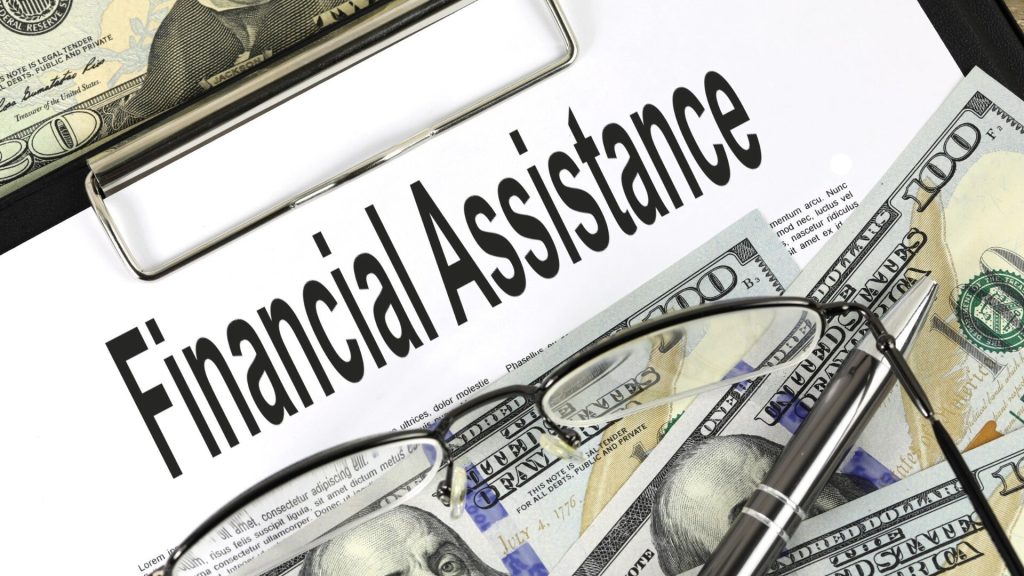
Supporters believe that the state should focus on creating jobs and improving the economy rather than providing welfare. They argue that long-term solutions to poverty and food insecurity lie in economic development and job creation, rather than in government assistance programs.
Impact on Children In Low-Income Households
The removal of the Child Food Program is a direct and potentially catastrophic blow to kids in Mississippi, especially those coming from low-income households. The program provides food that is good for health during the summer months when most schools are closed.
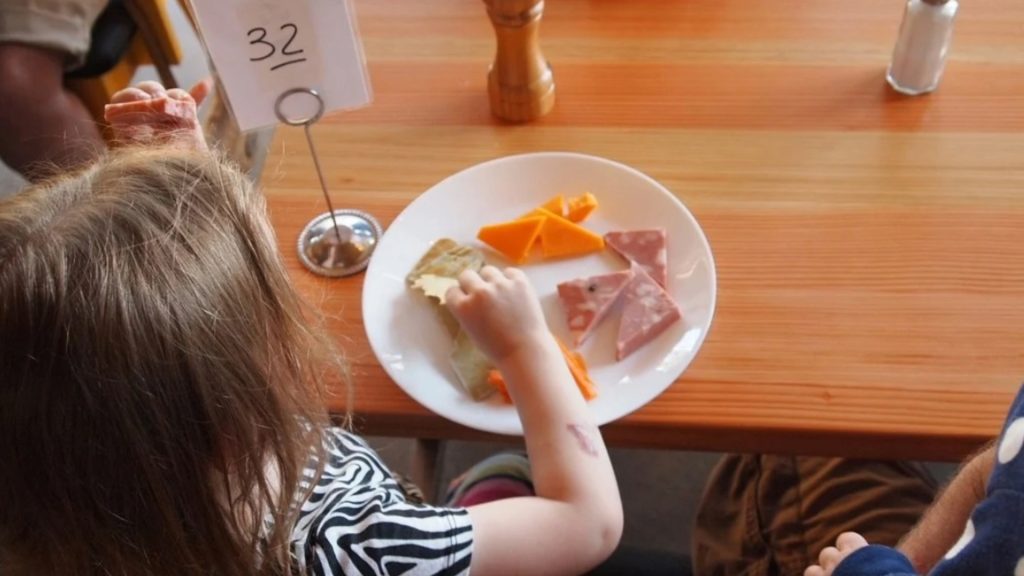
When these children lack this kind of support, they cannot access regular diets that are nutritious hence leading to malnutrition developmental delays, and other health complications. Ultimately, poor academic performance and reduced future earnings may result from this.
Impact on Families Will Be Devastating
Also affected by the pull-out from the Child Food Program are families in Mississippi. Many families, particularly those with low incomes rely on the program to provide their children with healthy meals during the long school break season.

Consequently, without these sustains, they may fail their children’s nutritional requirements creating more strain in terms of stress and financial hardship. For instance, parents might have to work extra hours or decide between buying food or paying rent and medical bills.
Response from Mississippi’s Welfare Agency
The Mississippi Department of Human Services, which administers the Child Food Program in the state, contradicted the governor’s rationale for the withdrawal.
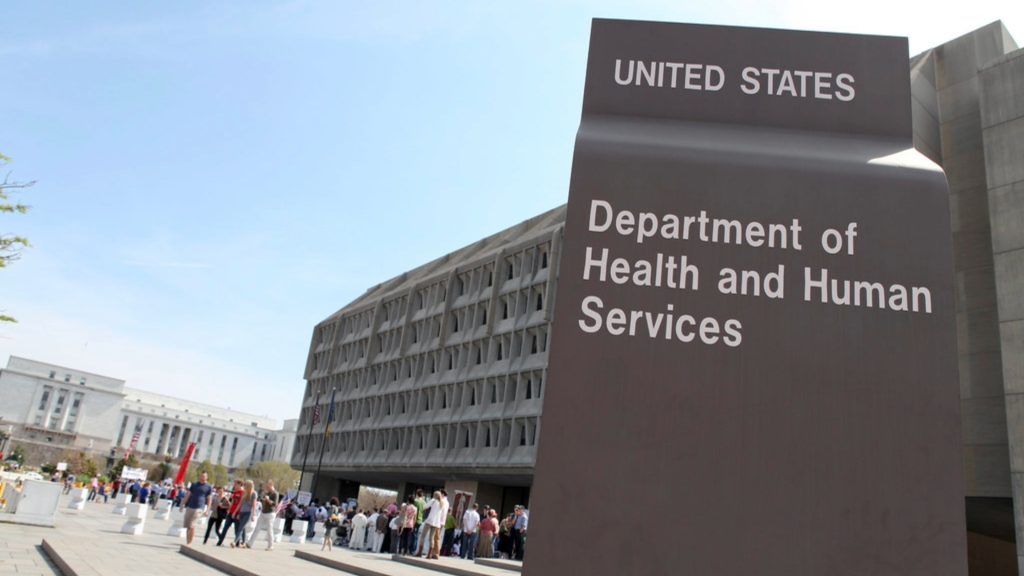
They highlighted the importance of the program in addressing food insecurity among children and expressed concern about the impact of the withdrawal on the families they serve.
National Response Opens Up Discussion On Poverty
Mississippi’s withdrawal from the Child Food Program has influenced national opinion as well as opened up a broad discussion about poverty eradication efforts by governments across America.

This decision has been extensively covered by most national media where lots of people are asking questions about what will happen to children’s lives if such actions continue taking place. It is also being discussed through social media platforms where individuals express concerns that people have over this issue.
What Are The Political Implications?
The fallout for politicians has been severe. Critics say it paints a bad image of the government’s commitment to poverty reduction measures as well as protecting vulnerable groups within society thereby weakening its base on the home front.

As a result, it has become one contentious issue in the political arena where some politicians have utilized it to discuss issues surrounding social welfare and government responsibility. It has also raised questions about future elections as voters may consider this when casting their votes.
Future of the Child Food Program in Mississippi
The future of the Child Food Program in Mississippi is uncertain following the withdrawal.

It remains to be seen how the state will address the gap left by the program and whether there will be efforts to reinstate it.
Alternatives to the Child Food Program
The absence of the Child Food Program means that alternatives have to be considered. These could include state-funded initiatives, community-based programs, or more dependence on charities.

None of these options, however, would offset what gets lost once this federal program ends.
Community Response To The Withdrawal
The local folks in Mississippi have been trying to figure out the implications of this retirement. Many are also rallying behind their families that have been hit by this withdrawal, with a lot of strength of spirit and community resilience being shown among them.
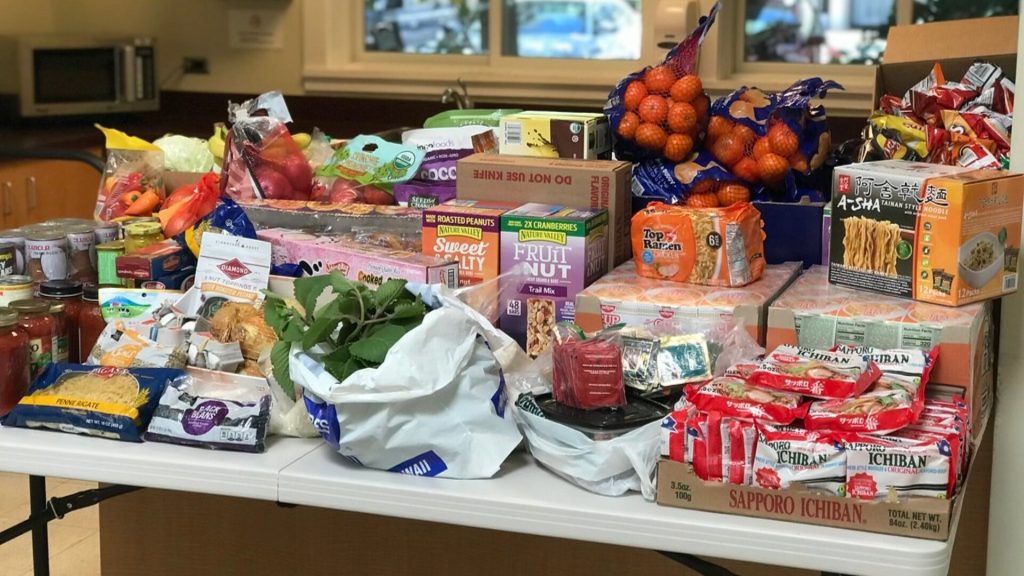
Food drives and fundraising campaigns started by community groups and local firms aim at filling up the void left after these withdrawals. Schools and other community institutions are also looking for ways to provide more assistance to children and their parents affected by the move.
Role of Non-Profit Organizations
Non-profit organizations play a crucial role in addressing food insecurity, and their importance is heightened in the absence of the Child Food Program.
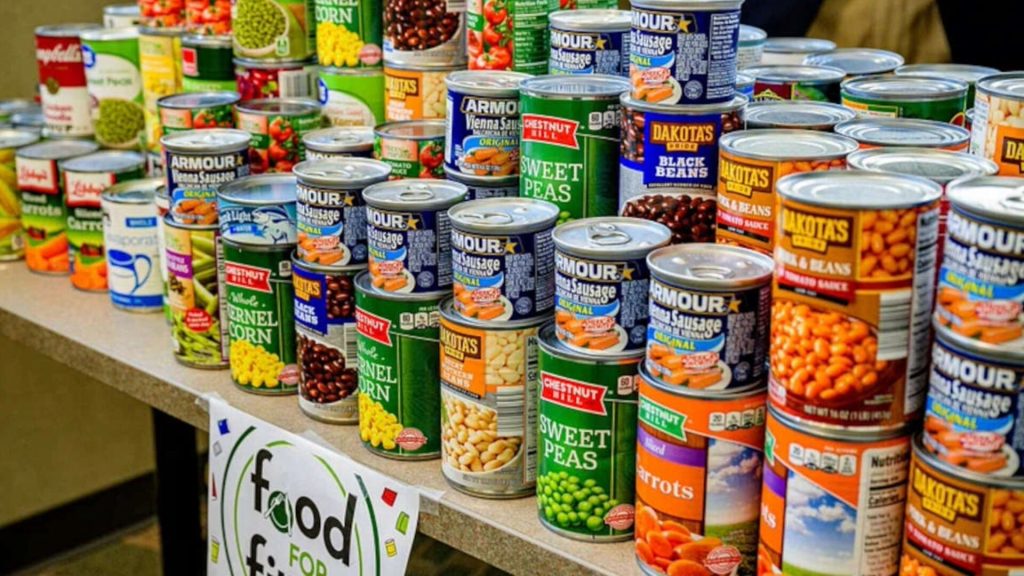
These organizations, through food banks, soup kitchens, and other initiatives, can help provide meals to children affected by the withdrawal. However, they face challenges such as funding and capacity, and it’s uncertain whether they can fully compensate for the loss of the federal program.
Economic Impact Will Be A Decline In Consumer Spending
The withdrawal of Mississippi from the Child Food Program has the potential to be a boon economically. Injections of federal dollars into the state economy are made through this program, which offers food assistance to children from low-income families.
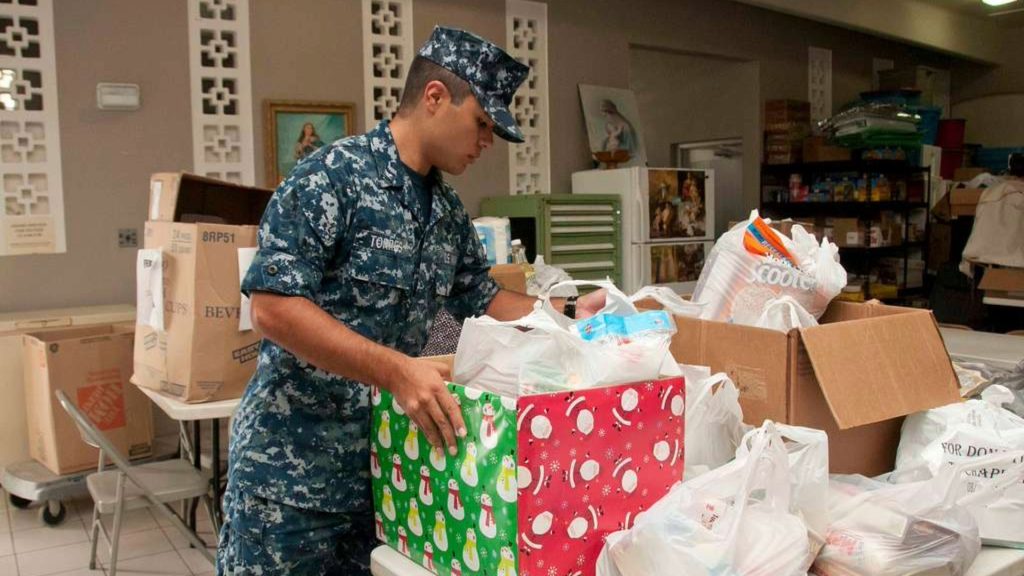
These funds support not only the beneficiary families but also local businesses where these benefits are used. This means that if it happens, most likely in areas with high poverty rates, withdrawal may result in a decline in consumer spending.
Legal Aspects Of The Withdrawal
The decision to withdraw from the Child Food Program may attract legal challenges. Some advocacy groups or individuals who would have been affected by this withdrawal might contest that it violates certain rights or laws like the right to food and health.

The situation is being monitored closely by lawyers and there could be lawsuits within months since then as some of the legal experts say. Therefore, reversing such decisions or changing processes for making those decisions could be possible through such legal challenges.
How Does Mississippi Compare With Other States?
Mississippi’s decision to withdraw from the Child Food Program is a departure from the policies of many other states. Across the country, states such as California, New York, and Texas have chosen to continue participating in the program, recognizing its crucial role in combating child hunger and promoting healthy development.

These states have reported positive outcomes from their participation, including lower rates of child hunger, improved school performance, and better health outcomes for children. The contrast between Mississippi’s decision and the continued participation of these states highlights the potential consequences of withdrawal.
Historical Context Of The Child Food Program
Child Food Program fits into a tradition of longstanding Federal aid programs aimed at eradicating poverty and fostering well-being among citizens. There were instances when some states opted out of these programs over time. For instance, during the 80s various states declined specific welfare provisions because they raised issues associated with costs plus dependency. It is significant to note that the eventual consequences of Mississippi’s decision may be understood within the historical context of these cases.

Consequently, there has been higher suffering for poor families following previous withdrawals as they are disconnected from critical support systems. This is also where states have had to compensate for the loss of federal aid due to withdrawal with increased needs for state resources.
Expert Opinions on the Effects Of Withdrawal
Experts in fields such as child nutrition, social policy, and economics have weighed in on the potential effects of the withdrawal. Many argue that the withdrawal could lead to increased food insecurity among children in Mississippi, with long-term consequences for their health and development.

Economists warn of potential negative impacts on the state’s economy, while social policy experts highlight the potential for increased inequality.
The Withdrawal Will Have Far-Reaching Implications
The decision by Mississippi to withdraw from the Child Food Program has far-reaching implications.

It affects not just the children and families who rely on the program, but also the broader community. The backlash against the decision reflects the critical role of the program in addressing food insecurity and poverty.

